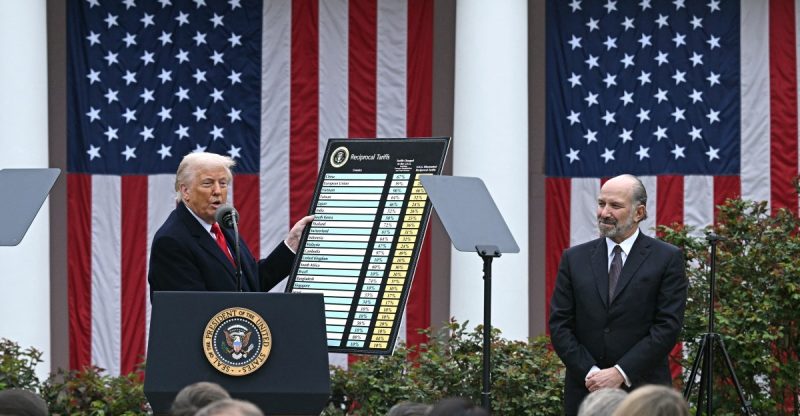
President Trump’s tariff policy, already unpopular with the general public, poses a significant threat to the diverse coalition that propelled him to victory in 2024. While his core base of MAGA supporters remains steadfastly loyal, key demographic groups who contributed to his win—young voters, particularly men, Latino and Black voters, and independents—are expressing increasing dissatisfaction with his economic policies.
These voters, many of whom weren’t traditionally Republican, were drawn to Trump’s promise of economic improvement and lower prices. However, recent polling data reveals a growing concern over rising costs and inflation, directly attributed to the tariff policy. A significant portion of these crucial voter groups now disapprove of the tariffs, and a majority anticipates higher prices for everyday goods as a result.
The economic impact of Trump’s tariffs is particularly concerning for Latino and Black voters, who were disproportionately affected by inflation under the previous administration. Their sensitivity to price increases makes them particularly vulnerable to the economic consequences of the tariffs, potentially driving them away from the Republican party.
Similarly, young voters, especially men, who shifted their support towards Trump in 2024 due to economic anxieties, are showing signs of buyer’s remorse. While not all disapprove of the tariffs, a significant portion does, and the potential for further price hikes, as exemplified by the anticipated increase in the price of the Nintendo Switch 2, could further erode their support.
Independents, a crucial swing group in the 2024 election, also demonstrate a considerable level of disapproval towards the tariff policy. Their opposition, coupled with their expectation of increased prices, signals a potential shift away from Trump and the Republican party.
This emerging disconnect between Trump’s core MAGA base and the broader coalition that secured his victory presents a considerable risk for the GOP. The economic consequences of the tariffs, coupled with the growing dissatisfaction among key demographic groups, could significantly impact the party’s prospects in future elections. The question remains: will Trump’s gamble with his winning coalition pay off, or will it ultimately lead to its unraveling?









